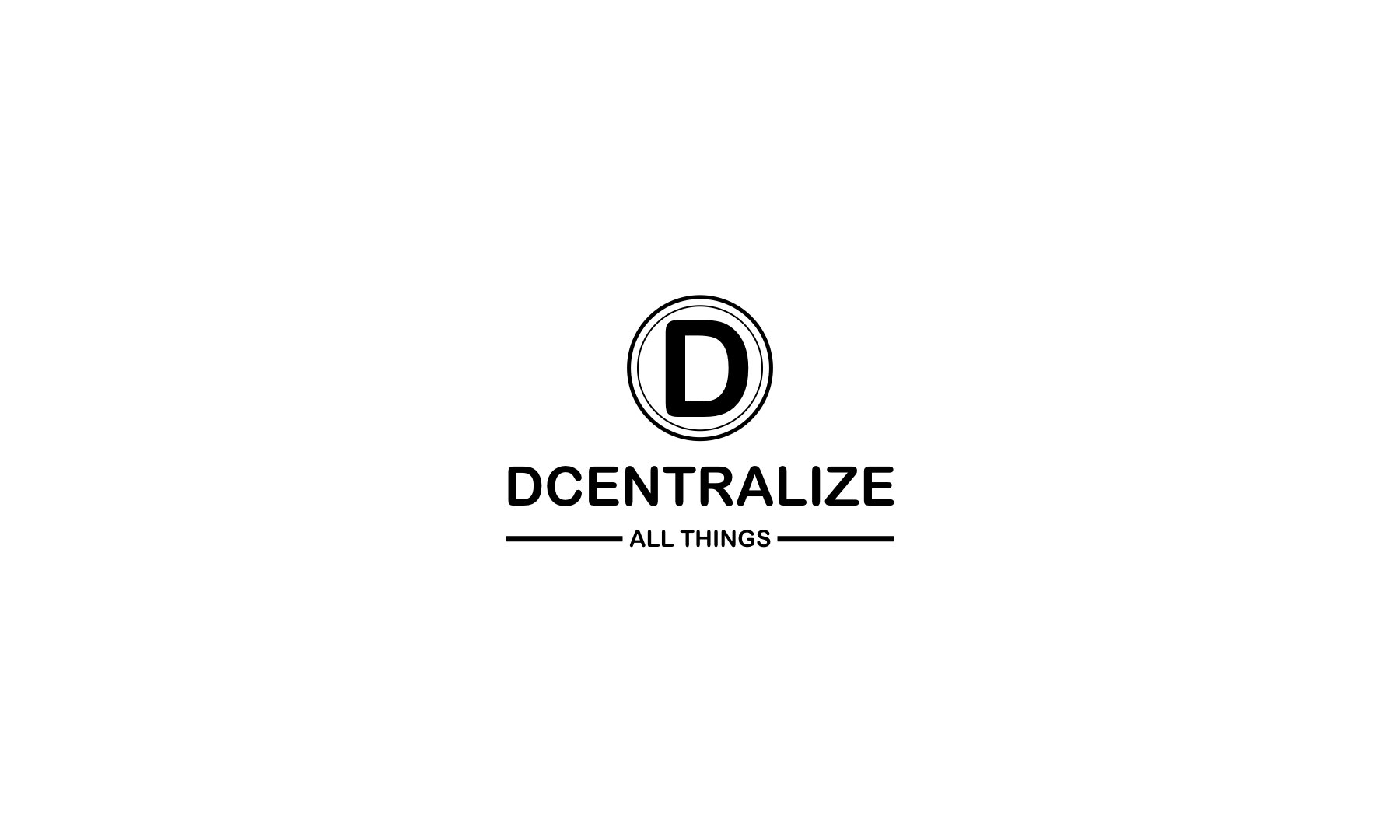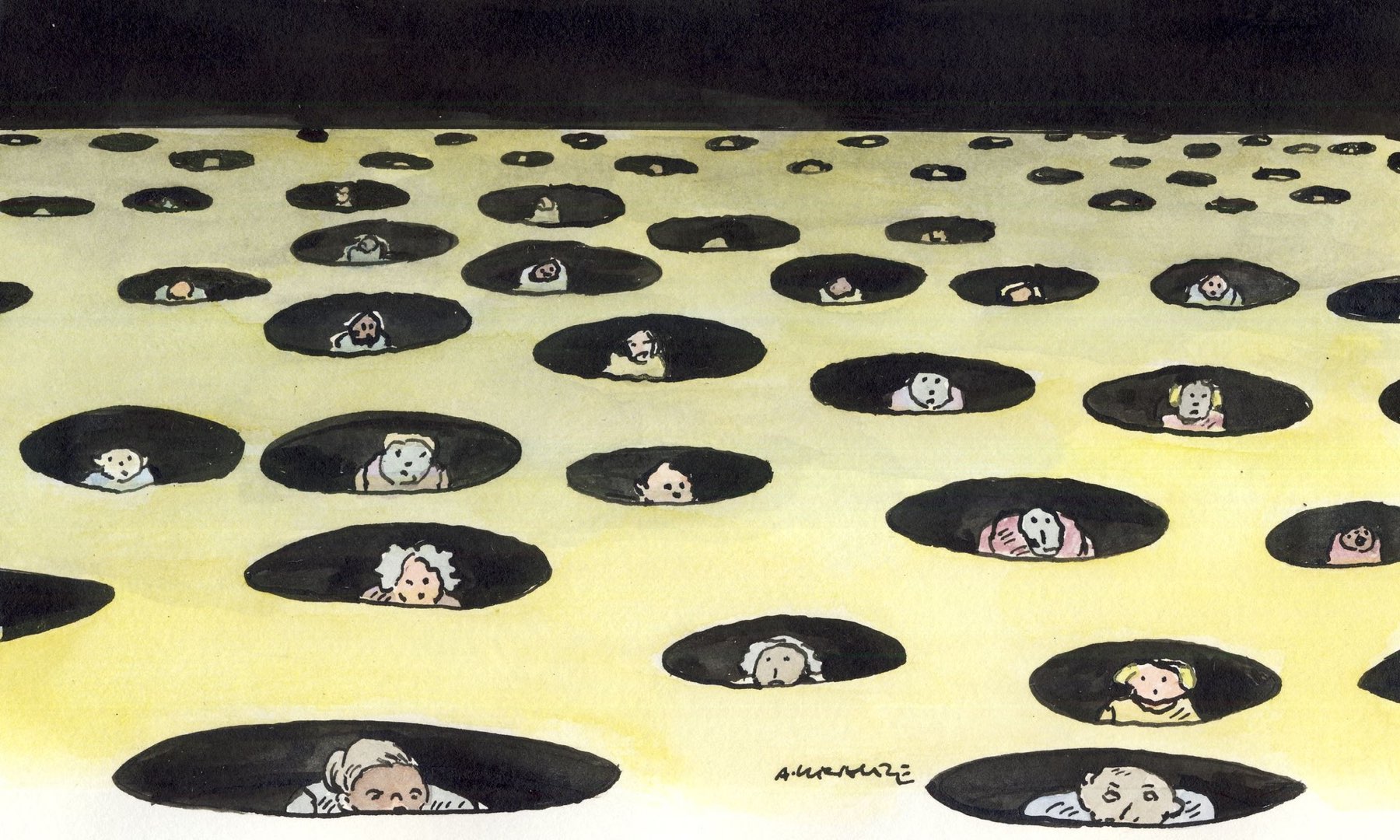Perhaps the most concerning part of internet-age centralization is the way various technologies such as social networks are transforming the way our brain functions, the way we perceive things such a liberty, and how we are actually becoming more disconnected from each other than we’ve ever been before. In less than 20 years, the internet has been reduced to an echo-chamber of meaningless chatter, where sharing of daily minutia is a norm and opinions are considered valuable information.

“Opinion is the lowest form of human knowledge. It requires no accountability, no understanding. The highest form of knowledge… is empathy, for it requires us to suspend our egos and live in another’s world.”
To highlight this fundamental shift, research have found that:
– social media users behave in a similar way as cocaine or gambling addicts
– digital natives (millennials) have a higher baseline neural activity level
– people are becoming less empathic to one and other
– people have less time to spend in actual interactions with people
– devices have become a major source of distraction in physical spaces
– quantity of connections is overtaking depth of relationships
In short summary, while we seem to be more connected than ever before, the meaning of “connection” has completely changed. In stark contrast to the way we interacted with each other before, we now do it in a highly centralized manner through a handful of social networks and device platforms.
Decentralization Objective: An internet that helps people lead socially valuable and balanced lives, where digital interactions facilitate for enrichment of physical world interactions, and facilitate for for profound connections between people and communities.

